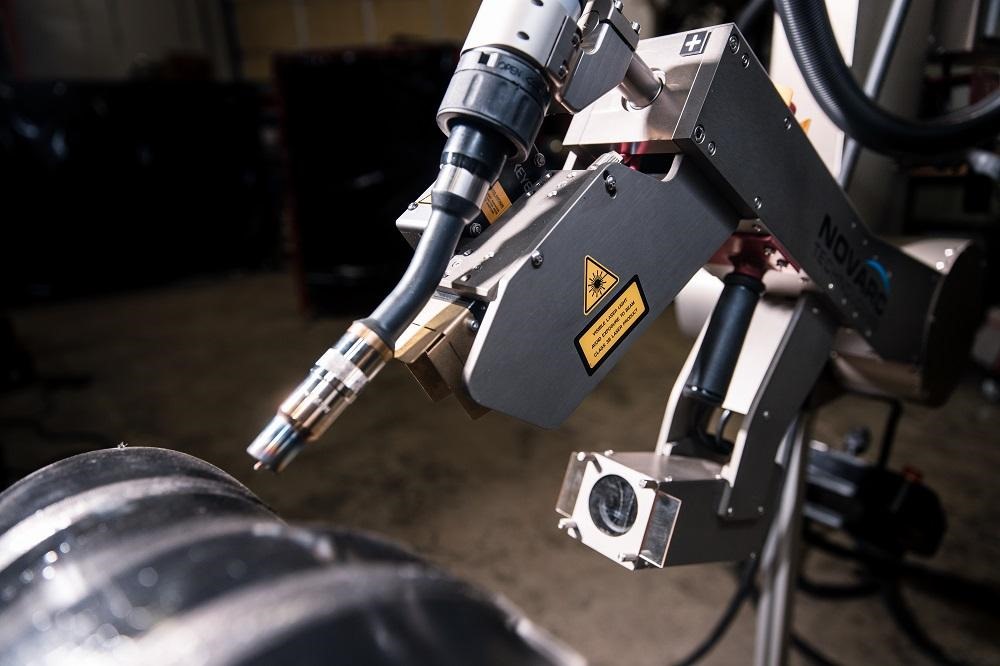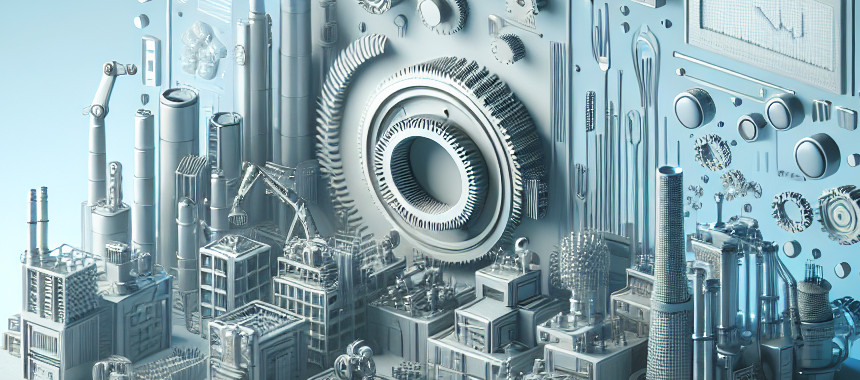AI Fabrication
AI Fabrication

Integrating AI into the fabrication business can offer numerous advantages, enhancing efficiency, quality, and competitiveness. Here’s how AI can be leveraged in the fabrication industry:
- Design Optimization: AI algorithms can analyze complex design requirements and optimize designs for manufacturability, cost-effectiveness, and performance. This helps in reducing material waste and improving product quality.
- Predictive Maintenance: AI-powered predictive maintenance systems can analyze sensor data from machinery and equipment to predict potential failures before they occur. This allows for proactive maintenance scheduling, minimizing downtime and reducing repair costs.
- Quality Control: AI-based computer vision systems can inspect fabricated parts for defects, deviations from specifications, and quality issues. This ensures consistent quality and reduces the need for manual inspection.
- Process Optimization: AI algorithms can optimize fabrication processes such as welding, cutting, and machining by analyzing data from sensors and adjusting parameters in real-time. This improves process efficiency and product consistency.
- Supply Chain Management: AI can optimize supply chain operations by predicting demand, managing inventory levels, and identifying potential disruptions. This helps in ensuring timely delivery of materials and reducing supply chain risks.
- Energy Efficiency: AI-driven energy management systems can optimize energy usage in fabrication facilities by analyzing consumption patterns and adjusting equipment settings accordingly. This leads to cost savings and reduces environmental impact.
- Customization and Personalization: AI can enable mass customization by analyzing customer preferences and production capabilities to generate custom designs and product configurations. This allows fabrication businesses to offer personalized products at scale.
- Workforce Augmentation: AI-powered tools and robots can assist workers in performing repetitive or physically demanding tasks, enhancing productivity and reducing the risk of injuries.
- Data Analytics: AI algorithms can analyze large volumes of data generated during the fabrication process to identify trends, patterns, and opportunities for improvement. This helps in making data-driven decisions and optimizing operations.
- Research and Development: AI can accelerate research and development efforts by simulating and optimizing designs, predicting material properties, and conducting virtual experiments. This shortens development cycles and brings products to market faster.
By leveraging AI technologies, fabrication businesses can enhance their competitiveness, improve operational efficiency, and deliver high-quality products to meet the demands of a rapidly evolving market.




